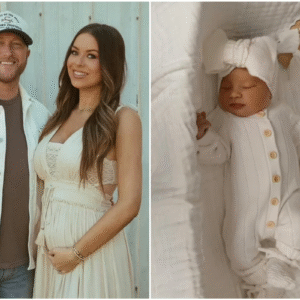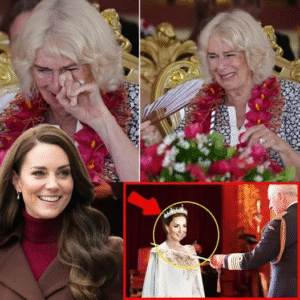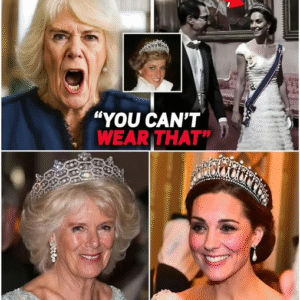
Windsor insiders have confirmed that 12-year-old Prince George has been discreetly assigned to a private boarding house at Eton College — a move many interpret as the clearest sign yet that the young heir is being formally prepared for his royal future. The decision, reportedly finalized weeks ago, places George in the same historic setting once attended by his father, Prince William, and his uncle, Prince Harry.
Although George is still a student at Lambrook School, sources indicate that his transition to Eton in September 2026 has already been approved by palace aides, with arrangements quietly set in motion. What makes this development particularly significant is the personal involvement of King Charles III.
According to a senior member of the Windsor household, who spoke on condition of anonymity, King Charles made a private visit to Eton in late July, accompanied by George and two royal protection officers. They were spotted walking through the school’s quadrangle and later standing outside Manor House — the same residence where William and Harry once lived. While no official photographs were released, a private image briefly circulated among palace staff before being withdrawn.
Many royal observers see this moment as more than a logistical choice — they view it as a symbolic passing of the torch from one monarch to the next-in-line monarch-in-training. Founded in 1440 by King Henry VI, Eton has long been a cornerstone of elite British education, with deep ties to the monarchy.
Interestingly, Princess Catherine did not attend Eton, instead going to Marlborough College, which had also been considered for George. But the school’s location just across the Thames from Windsor Castle — along with its rich royal history — appears to have tipped the balance in Eton’s favor. This proximity allows King Charles to play a hands-on role in his grandson’s upbringing during these formative years.
Royal biographer Tessa Lyle describes the decision as a “course correction” from the past. King Charles himself attended the famously harsh Gordonstoun, a school known for its rigorous and isolating environment. With George, Charles seems intent on being present, accessible, and emotionally connected — a stark contrast to the detached parenting style of previous generations.
Small but meaningful gestures have reinforced this bond: a restored treehouse at Highgrove opened exclusively for the royal grandchildren; a new woodland trail at Balmoral named “Prince George’s Walk”; and sightings of George and Charles together at private church visits in Scotland. George’s growing presence at major royal events — from Trooping the Colour to balcony appearances alongside his grandfather — is seen as part of a gradual introduction to public royal duties.
“The palace is testing public reaction,” one insider explained. “It’s a long game — quiet, but clear.”
Eton’s influence on modern royals is undeniable. Both William and Harry emerged from the school with a stronger public identity and media confidence — qualities George will need as he grows up under global scrutiny. Placing him at Eton, under the watchful mentorship of King Charles, is being described by royal commentators as a strategic investment in the monarchy’s future.
Neither Kensington Palace nor Buckingham Palace has issued an official statement — and likely won’t — but the symbolism of the move is already resonating far beyond the royal estate. Behind closed doors, the question persists: Is this the first formal step in King Charles’s long-term plan to shape not just the next king, but the kind of monarch Britain will one day need?





